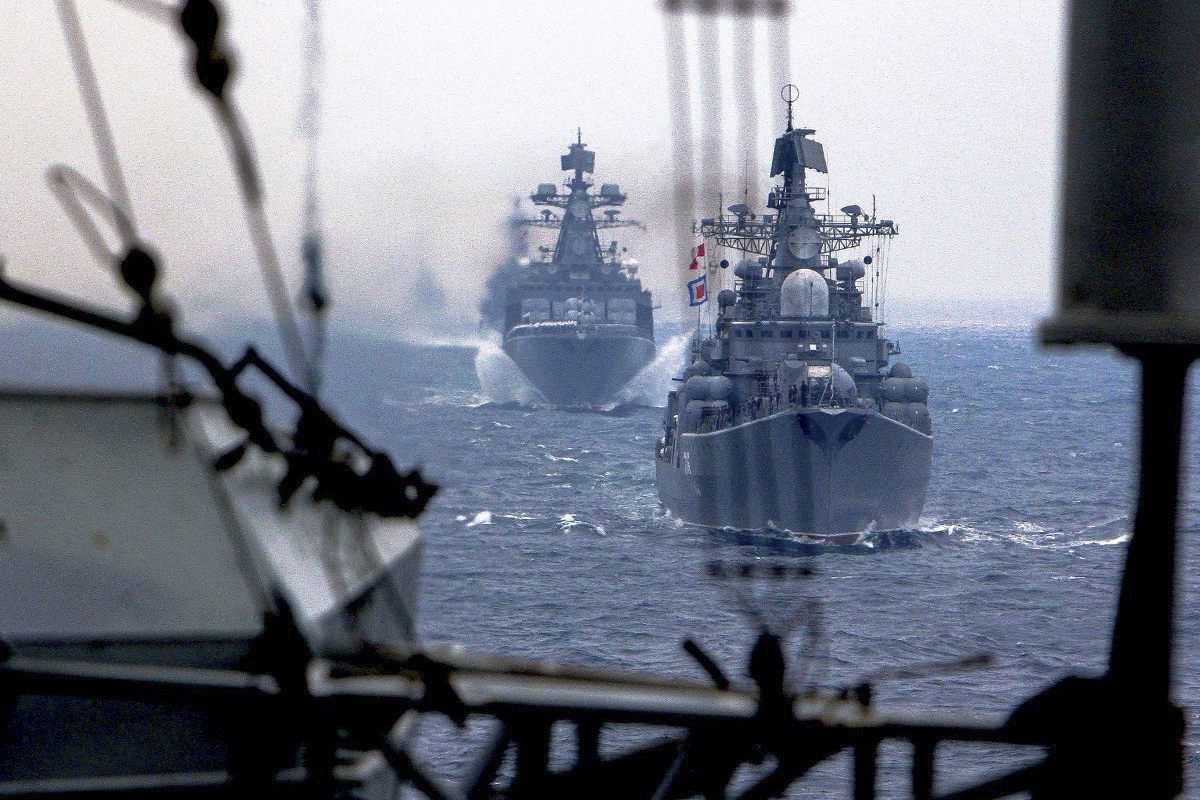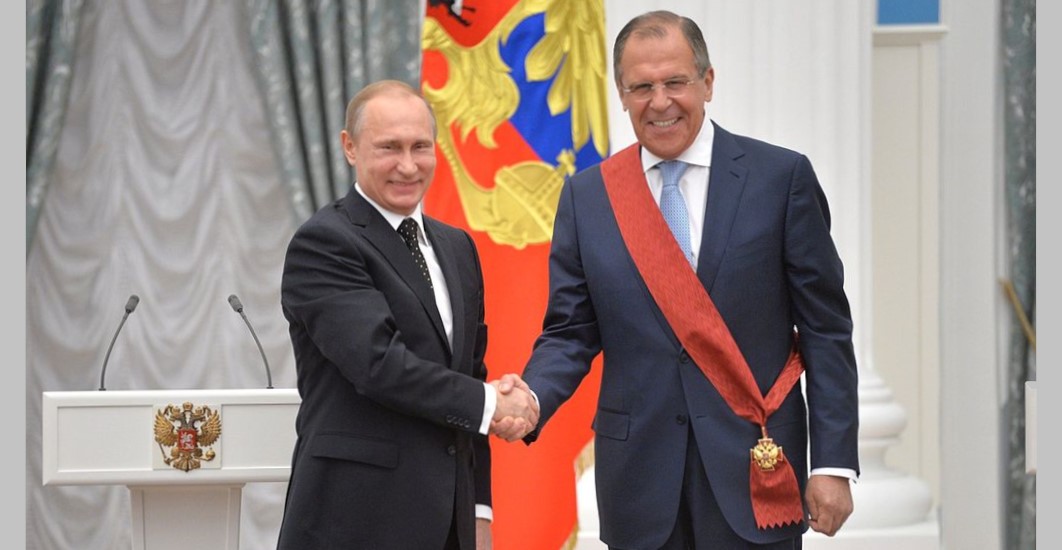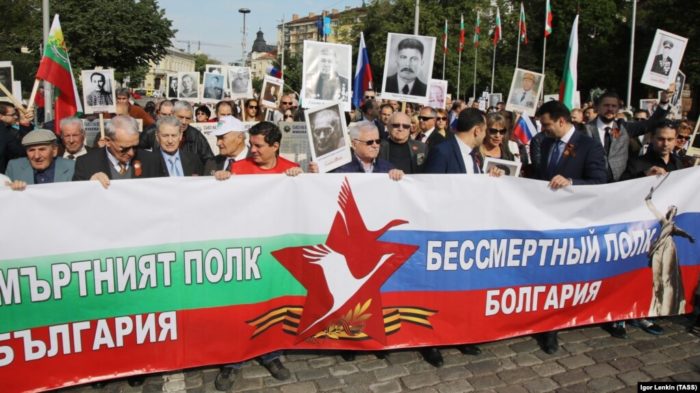A declaration by the Romanian defense minister that his country is concerned by the increased Russian presence the Black Sea is encouraging Kyiv which welcomes such a statement by a senior official of a NATO country as an indication that the Western alliance is increasingly ready to stand with Ukraine against Russia.
In an Apostrophe commentary, Mykhailo Samus, deputy director of Kyiv’s Center for Army, Conversion and Disarmament Studies, says that no one wants to see Moscow achieve “zones of exclusive control” on that body of water.
The analyst says that Bucharest’s statement is welcome especially since “Ukraine finally has begun actions which demonstrate that it has the very same rights to make use of the Kerch Straits and the Sea of Azov as Russia.”
NATO of course has “limited opportunities in this sphere” because the Montreux Convention limits its ability to maintain forces in the Black Sea. It must rotate them periodically and “now NATO is trying to create a system” based in Constanza, Romania, that will allow it to be present for more sustained periods, Samus says.
Unfortunately, not all NATO countries are on board with this, he continues. Sofia is refusing to support such an arrangement because it “considers that this can lead to a greater confrontation” with Russia. For the time being, Romania is “the most active member of NATO which is trying to stand up to Russia.”
For that reason, the Kyiv analyst says, today, Romania “is in fact Ukraine’s closest ally on the Black Sea.” The Ukrainian authorities need to “deepen their ties with Romania, including in naval affairs” in order to be able to work with them and through them with other NATO countries including the United States.
Ukraine also needs to denounce the agreement it has with Russia on the Sea of Azov so that that body of water will not be an inland sea controlled by Kyiv and Moscow but an international waterway governed by Law of the Sea principles. Ending that agreement is the only way to open the door to a NATO presence in the Sea of Azov.
According to Samus, Russia has only “limited” chances to achieve full control over the Black and Azov seas “because any actions in that direction will be viewed by the international community as a challenge and threat, and this will lead to new sanctions against Russia.“ He concludes that “this does not correspond now to the interests of the Russian Federation.”
Further Reading:
- Black Sea gas deposits – an overlooked reason for Russia’s occupation of Crimea
- Ukrainian warships break Russian de-facto blockade in Azov Sea to create naval base
- Ukraine has law but not force on its side in Sea of Azov, Polyakov says
- What caused the environmental disaster in occupied Crimea? A chemist explains
- Crimea’s growing water problem might provoke new Russian attack against Ukraine
- Occupied Crimea is running out of water
- Moscow boosting tensions in Sea of Azov but can’t change strategic situation there
- Moscow seeking to provoke revolts in Ukraine’s Azov Sea ports
- Ukraine has law but not force on its side in Sea of Azov
- How Putin’s Crimean bridge grew over 2016-2017 – satellite images
- Scandal as Dutch companies help build bridge to occupied Crimea
- How much will Crimea cost Russians?
- Moscow has closed the Kerch Straits to Ukrainian shipping, Kyiv expert says
- ‘Clarity on Caspian has given Russia the opportunity to control Sea of Azov,’ Moscow commentator says
- Ukrainian fleet may be able to defend country in 2020s but can’t now, Zhirokhov says
- Kyiv must denounce 2004 Azov Sea accord with Russia now, Ohryzko says
- Is Russia preparing to attack Mariupol by blockading Ukrainian Azov Sea ports?
- Kyiv will resist any Russian naval attack on Azov littoral despite imbalance of forces
- Moscow blocking maritime shipping to Ukrainian ports on Sea of Azov
- Russia positioning to attack Ukraine from Sea of Azov, Ukrainian general says
- Ukrainian volunteers start restoring Ukraine’s broken naval fleet





